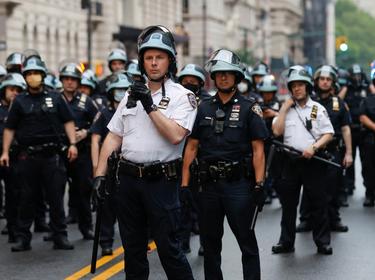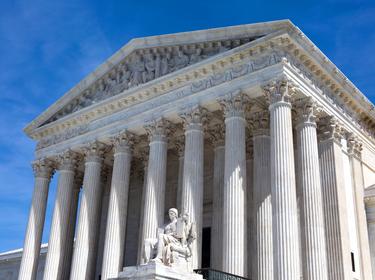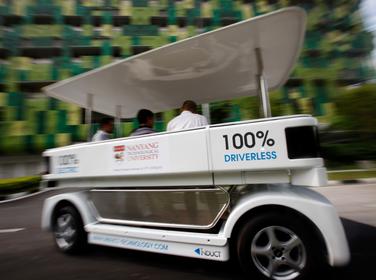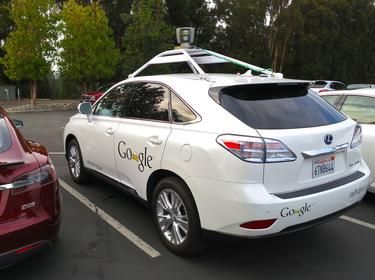James Anderson is director of the Justice Policy Program and the RAND Institute for Civil Justice and a senior behavioral/social scientist at the RAND Corporation. He has been the principal investigator on a wide range of projects, ranging from policy implications of autonomous vehicle technology to understanding the effects of indigent defense systems. He has been funded by the National Institute of Justice, the National Institutes of Health, the Bureau of Justice Statistics, the State of Pennsylvania, the Institute for Civil Justice, the Robert Wood Johnson Foundation, the Department of Defense, and the National Science Foundation.
Anderson's work has appeared in the Harvard Law Review, the Yale Law Journal, the Stanford Law Review, the Journal of Law and Economics, the Oxford University Press, and in numerous RAND publications. He has presented to a wide variety of academic and professional audiences. He is a member of the American Law Institute.
Before joining RAND, Anderson clerked for the Honorable Morton Greenberg of the United States Court of Appeals for the Third Circuit and practiced law for ten years as an assistant federal defender representing death-sentenced prisoners. He received a J.D. from Yale Law School and a B.A. in ethics, politics, and economics from Yale University.
Selected Publications
James Anderson, Maya Buenaventura, and Paul Heaton, "Evaluating the Effect of Holistic Indigent Defense on Criminal Justice Outcomes," Harvard Law Review, 132, 2019
James Anderson and Paul Heaton, "How Much Difference Does the Lawyer Make? The Effect of Defense Counsel on Murder Case Outcomes," Yale Law Journal, 122, 2012
Anderson, James M., Nidhi Kalra, Karlyn D. Stanley, Paul Sorensen, Constantine Samaras, and Tobi A. Oluwatola, Autonomous Vehicle Technology: A Guide for Policymakers, RAND Corporation (RR-443-2-RC), 2016
James M. Anderson, John M. MacDonald, Ricky Bluthenthal, and J. Scott Ashwood, "Reducing Crime by Shaping the Built Environment with Zoning: An Empirical Study of Los Angeles," University of Pennsylvania Law Review, 161(3), 2013
Anderson, James M., Paul Heaton, and Stephen J. Carroll, The U.S. Experience with No-Fault Automobile Insurance: A Retrospective, RAND Corporation (MG-860-ICJ), 2010
James Anderson and Eric Helland, "How Much Should Judges be Paid? An Empirical Study on the Effect of Judicial Pay on the State Bench," Stanford Law Review, 64(5), 2012
James Anderson, Jeffrey Kling, & Kate Stith, "Measuring Interjudge Sentencing Disparity: Before and After the Federal Sentencing Guidelines," Journal of Law & Economics, 42, 1999
James Anderson, Eric Helland, and Merritt McAlister, "Measuring How Stock Ownership Affects Which Judges and Justice Hear Cases," Georgetown Law Journal, 103, 2015





























